PATRICK MURPHY’S PLOUGH
Patrick Murphy’s plough is a reminder of the history of this site and those who have been associated with the land since the early 20th century.
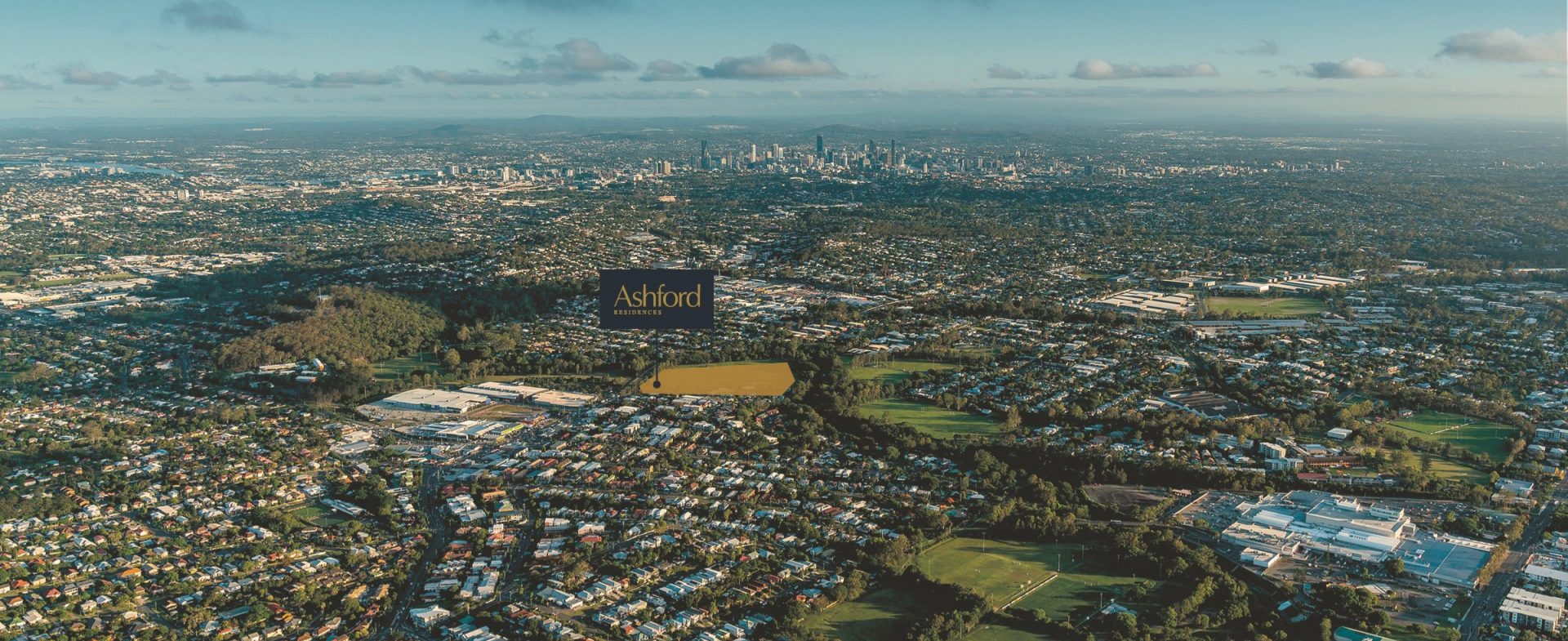
HISTORY OF THE FARM
Patrick Murphy and his mother Norah established Murphy’s Dairy in Everton Park along the margin of the Kedron Brook around 1917, on a holding of 47 acres. Additional land was subsequently purchased resulting in an area thought to be around 99 acres, occupying areas both sides of South Pine Road. At one point, it is believed that the dairy farm covered an area of around 119 acres (including leased land).
Patrick married Rose Purcell in 1918 and they had seven children together: Molly, Jim, Peg, Tom, Kath, Brian and Patricia. Sadly, Rose died giving birth to their eighth child.
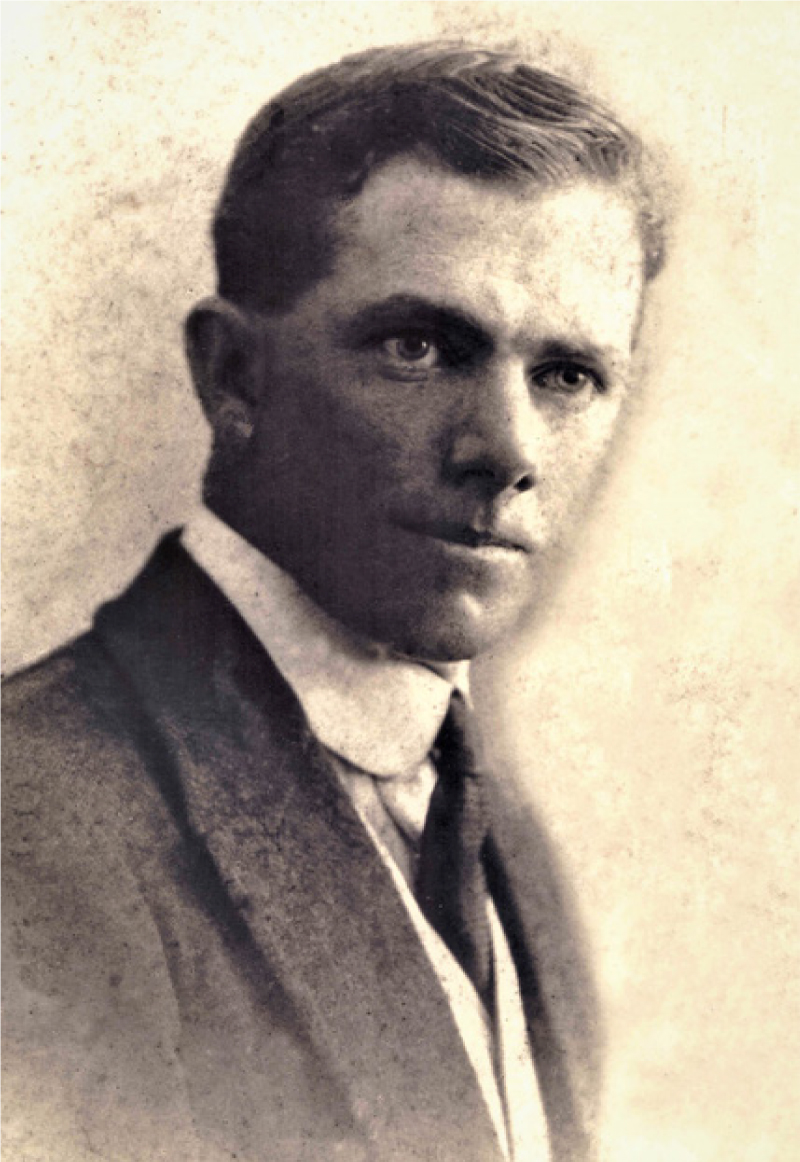
Patrick "Paddy" Murphy
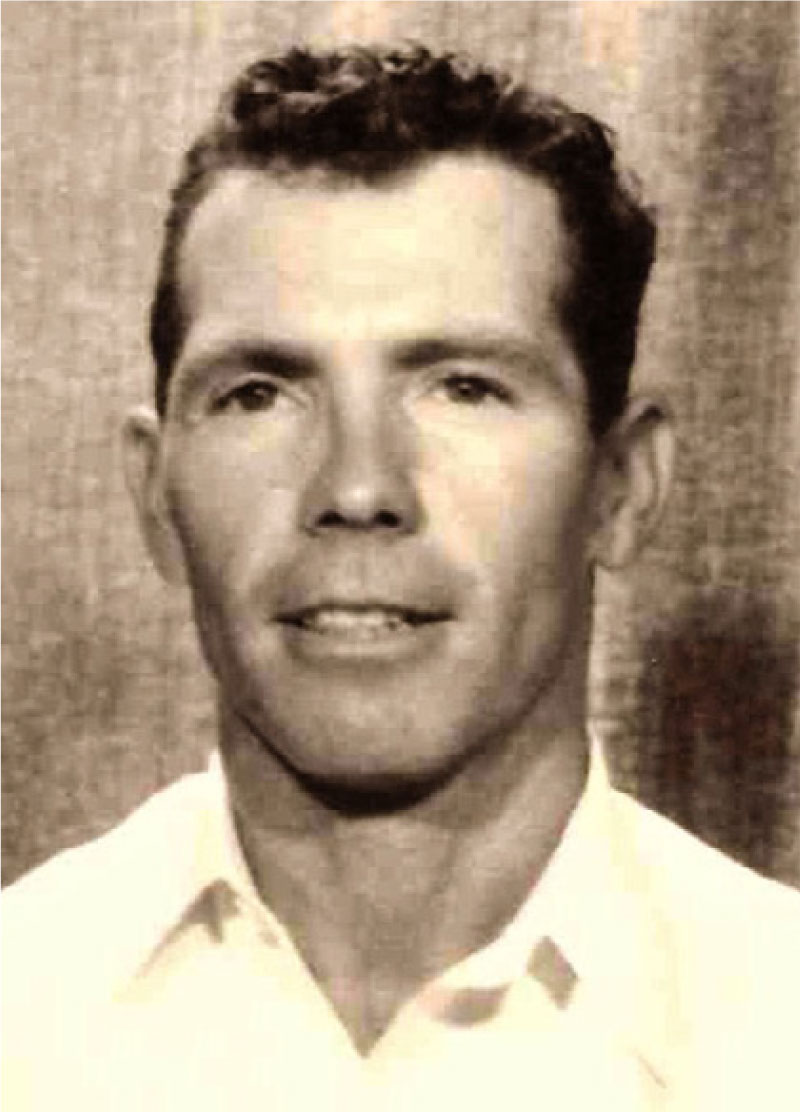
Brian Murphy
By the 1950s the farm carried around 40 cattle as Patrick began subdividing and selling portions as Everton Park became an increasingly popular residential area, particularly for young families.
Patrick continued to run the farm until his retirement when Brian took over the reins of the operation.
The land was kept as a dairy farm until the 1970s and was one of the last surviving dairy farms in Brisbane. In later years, after dairying ceased, Brian continued conducting animal husbandry on the land.
Brian was well known in the Everton Park community. His cattle, located at the Ashford Residences’ site, may have been even more well-known! He continued to live in the old house until he passed in 2015, aged 85.
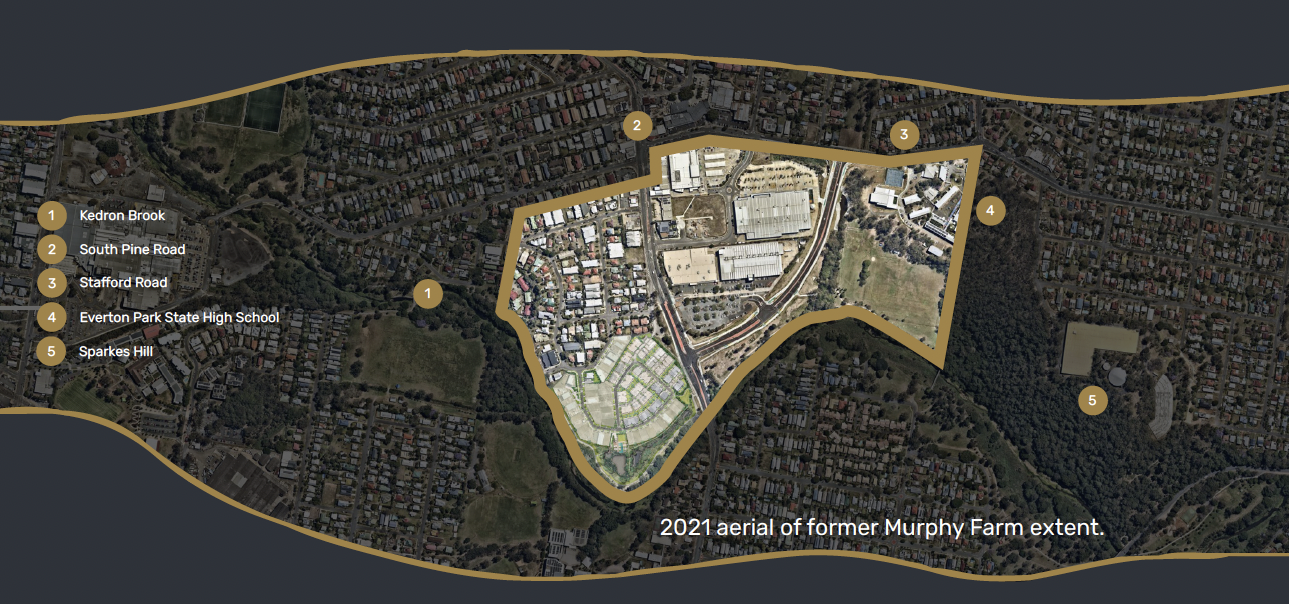
The plough
Ploughs like this one were first manufactured in Australia in 1903 so it is possible that this disc plough was a fairly new farming innovation when it was initially used by Patrick.
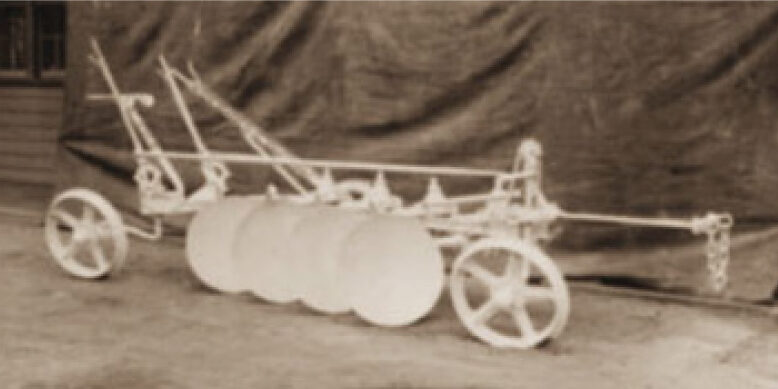
When new, the plough would have looked smartly painted. Source: Museum of Applied Arts and Sciences
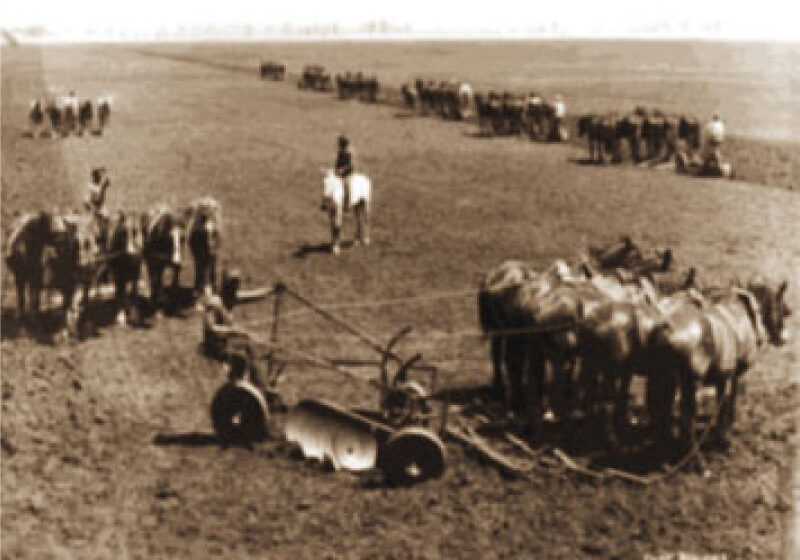
The plough and horses would have been tethered together in a similar fashion to this. Source: Museum of Applied Arts and Sciences
Patrick frequently used this plough to prepare the soil for crops which would likely have been maize, corn, sorghum, oats, cane, millet, barley and lucerne that were cropped at various times for fodder; as well as “green manure crops”, which were grown specifically to be ploughed back into the soil to improve soil structure and add nutrients. At its peak it is estimated that the farm had the capacity to support more than 100 dairy cattle.
Patrick’s daughter, Patricia Keeley, recalled that he spent much of his time ploughing. He would start early in the morning and finish late into the evening. At that time, it was very physically demanding work. He would walk behind the horses and the plough, guiding the tilling of the land, (to raise and turn the soil). The result would be long rows of mixed soil, forming large clods.
The plough continued in use until Brian modernised the operation and replaced the horses with a Ferguson T20 tractor. This necessitated getting a new tractor drawn plough.
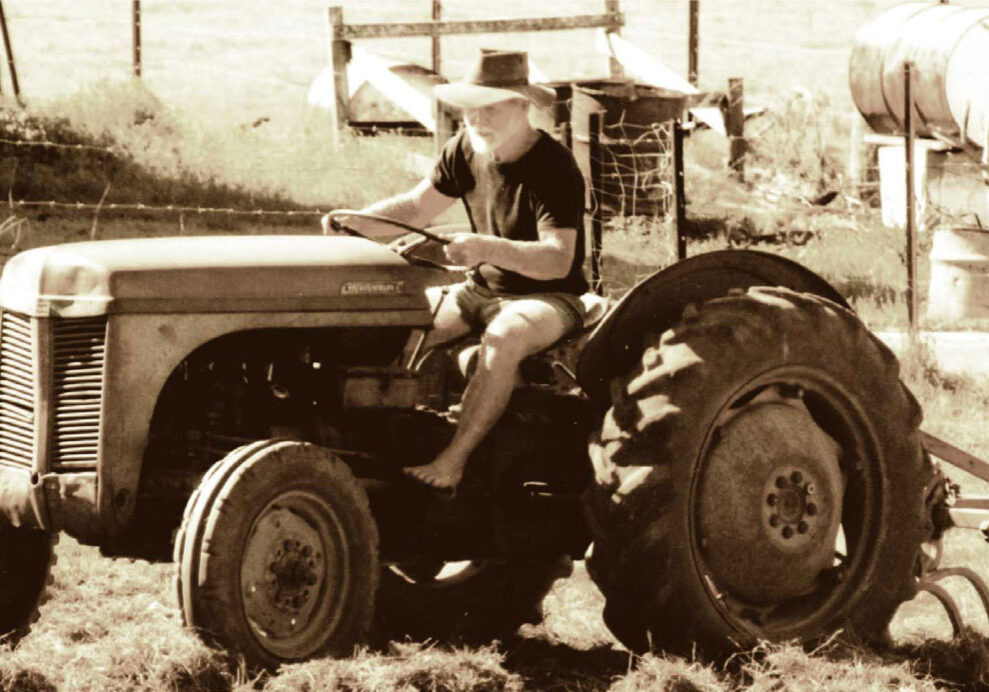
Here is Brian at work. The Ferguson had seen a few seasons when this photograph was taken.
Thank you to the Murphy family for supplying the photos and history.
